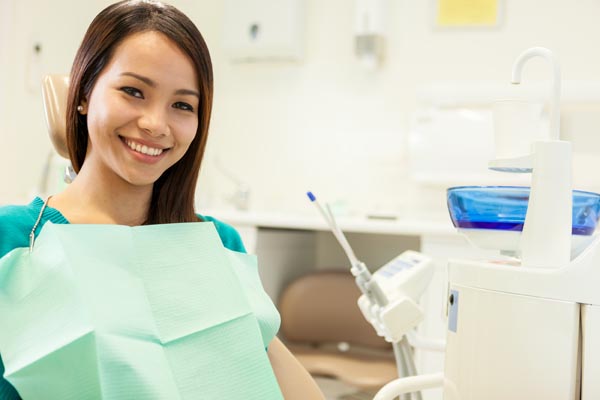Removing the Bacteria Beneath Tartar for Oral Hygiene

Wondering how to remove oral bacteria so you can have better oral hygiene? It really is a good idea for you to do everything possible to support your good oral health. When you take good care of your teeth and gums, you will not have to think about and choose one or more of the many dental treatments available that are specifically used to improve oral health. You simply get to enjoy all of the benefits that come with having a healthy mouth. When your mouth is healthy, it is also very likely that your overall general health is in good shape, too.
The effects of bacteria on teeth
A mouth is an ideal place for bacteria to live as they thrive in moist, dark environments. Bacteria also feed off of sugars, which means that those who consume sugar frequently will often need to provide themselves with additional oral care in order to avoid any dental problems related to bacteria. When bacteria are not removed in a timely manner, they will begin to stick to the teeth, creating a sticky substance known as bacterial plaque. This bacterial plaque will sooner or later turn into tartar and will cause tooth decay and can even lead to a gum disease diagnosis.
According to the American Dental Association, plaque stickiness makes the acids from foods and drinks stick to the teeth’s surface, which gives the bacteria time to break down the tooth’s enamel. This is why many dentists recommend that their patients brush their teeth after every time they eat, as the teeth begin to become vulnerable within 20 minutes after consuming food.
Removing bacteria from the mouth
When bacterial plaque is not removed in a timely manner it will turn into tartar, also known as calculus, which is much harder to remove from the teeth. If tartar is allowed to build up on the teeth, it gives bacteria a place to live. And if tartar is not removed promptly, it will then turn into gingivitis, the first of two stages of gum disease. So what is the ideal way to remove the bacteria beneath tartar? Brush correctly using a fluoridated or tartar-control toothpaste within half an hour after eating, floss often and get a professional tooth cleaning at least once a year.
Need to make a dental appointment?
Need to make an appointment so you know exactly what your oral hygiene status is? The longer you wait to have your oral health checked by a dental professional, the worse any oral issues you currently have are going to be. It is much easier to treat new oral issues than it is for any issues that have been ongoing. We have a fantastic and caring team of dental professionals who can answer any of your oral hygiene questions, so please do not hesitate to contact us if you have a question you need answered. Talk to one of our dental health professionals today.
Are you looking for oral hygiene information in the Columbia area? Get more oral hygiene information at https://columbiadentaloffice.com.
Check out what others are saying about our services on Yelp: Read our Yelp reviews.
Related Posts
Teeth whitening helps many adults lift everyday stains while keeping appointments simple and predictable. At-home trays use dentist-recommended gel and a snug fit to gradually brighten enamel, supporting comfort and consistency. This approach fits busy routines, allows adjustments along the way, and encourages long-term shade maintenance with periodic touch-ups after professional cleanings.Teeth whitening gel contains…
Laser dentistry offers an alternative to ultrasonic drills by using focused light to remove tooth decay, shape tissue, and sanitize surfaces. Although the traditional drill delivers reliable results for many dental needs, dental lasers have improved the effectiveness of conservative techniques and patient comfort. A trusted dentist can recommend one approach over the other after…
Regular checkups and cleanings with a family dentist are important ways to prevent cavities and tooth decay. However, there are effective strategies that can help you protect your teeth and maintain your oral health in between appointments. The following tips from a family dentist can create a proper oral hygiene routine and reduce the risk…
A dental crown and a bridge both restore smiles, but they solve different problems and follow different procedures. Many patients ask which option is best when a tooth breaks, cracks, or goes missing. Typically, a general, cosmetic, or family dentist would repair a tooth with a crown but replace a missing tooth with a bridge.…
